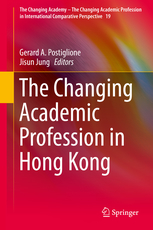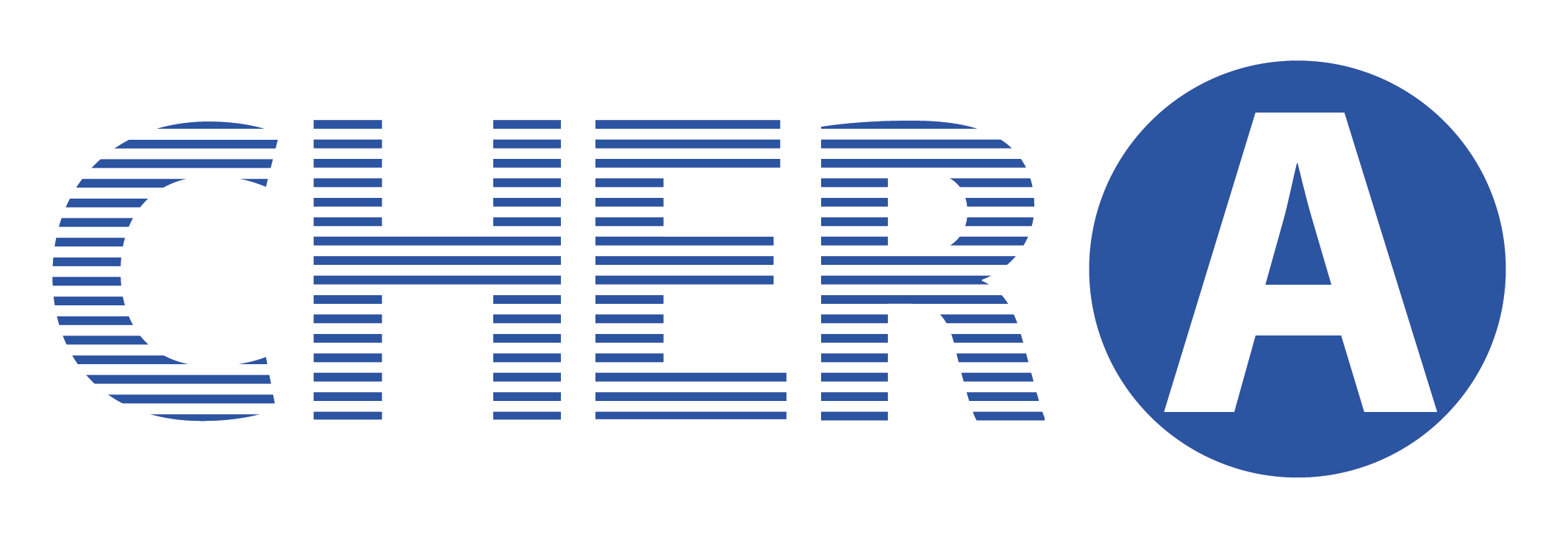
Hong Kong’s universities have been transformed by the move from elite to mass higher education, from government support to market driven finance, from academic management to professional management, from local to cross border and international outreach, from China’s education bridge to China’s education window, and from a colonial model of curricular specialization to a postcolonial model emphasizing broader intellectual development and service.
As the landscape of Hong Kong higher education has undergone change, so have the backgrounds, specializations, expectations and work roles of academic staff. The academic profession is ageing, increasingly insecure, more accountable, more international, at the same time, more Mainland-focused and less likely to be organized only along disciplinary lines.
The academic profession today is expected to be more innovative in teaching, more productive in research and more entrepreneurial in fundraising. New approaches to governance have evolved and blurred the boundaries between academic and managerial roles within the university. The power to appoint members to university councils has become an area of contention. It has come increasing differentiation and changing expectations about knowledge creation and application. This has expanded the role of the academy and challenged the coherence and viability of the traditional academic role and loyalties to original disciplines. Based on the multitude of challenges in Hong Kong higher education, this book explores the future direction of Hong Kong academic profession.
